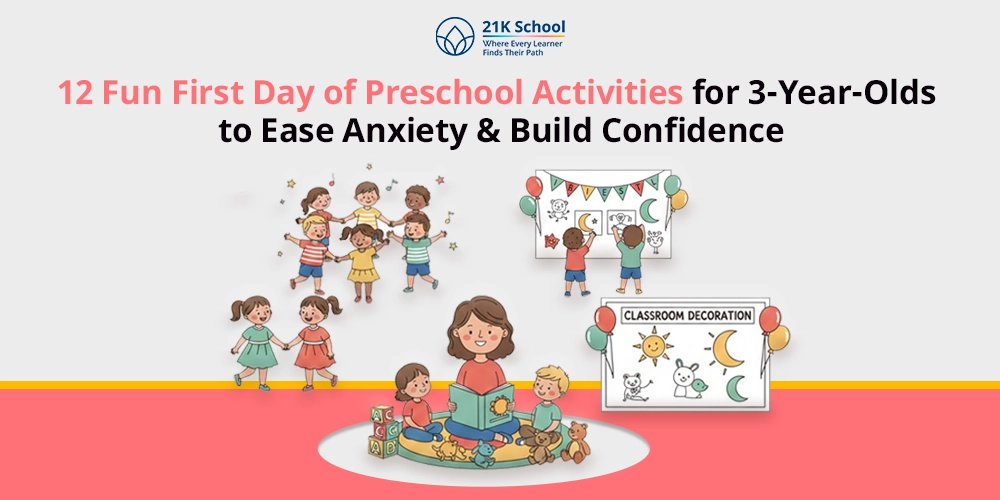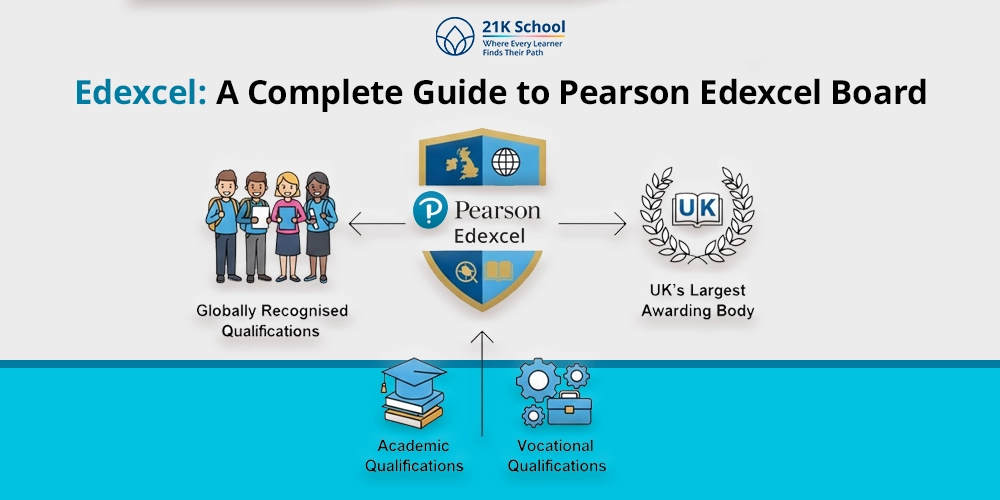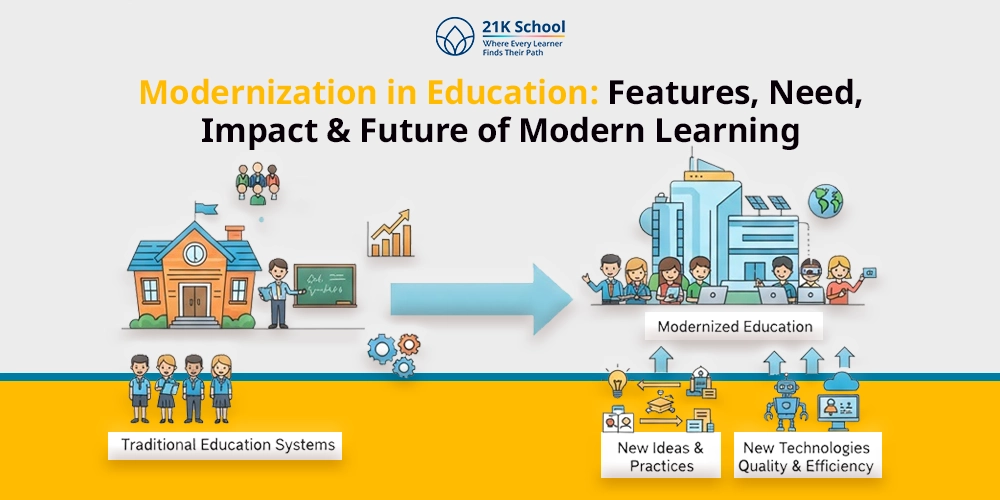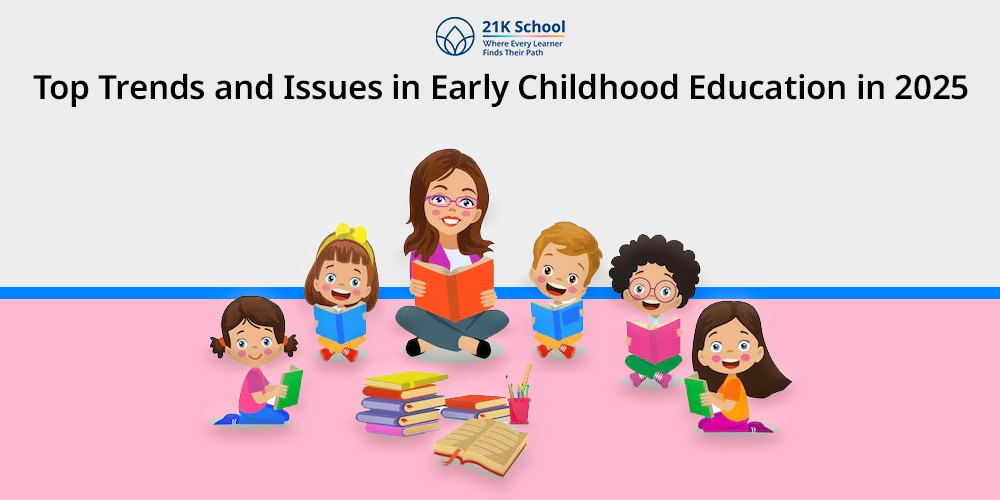
Have you ever wondered why having an understanding of current trends and issues in early childhood education?
Early childhood education plays an important role in the holistic development of children. Early childhood education is important because it creates a base for educational limits and enhances the knowledge of the basics about the educational journey.
Early childhood education not only focuses on academics but also provides students with flexible and personalised education. Early childhood education is not a new thing, but the clarity and awareness were not so much at that time.
At that time, the main focus was only on providing education to children by means of pen and paper only, and the focus on extracurricular activities was limited. The current trend of early childhood education focuses on project-based learning and makes learning more playful.
As children like games and activities, this allows them to engage in the educational process. The current trends of early childhood education focus on personalised learning, easy literacy, fun in learning, online learning and so on.
Table of Contents
What is Early Childhood Education?
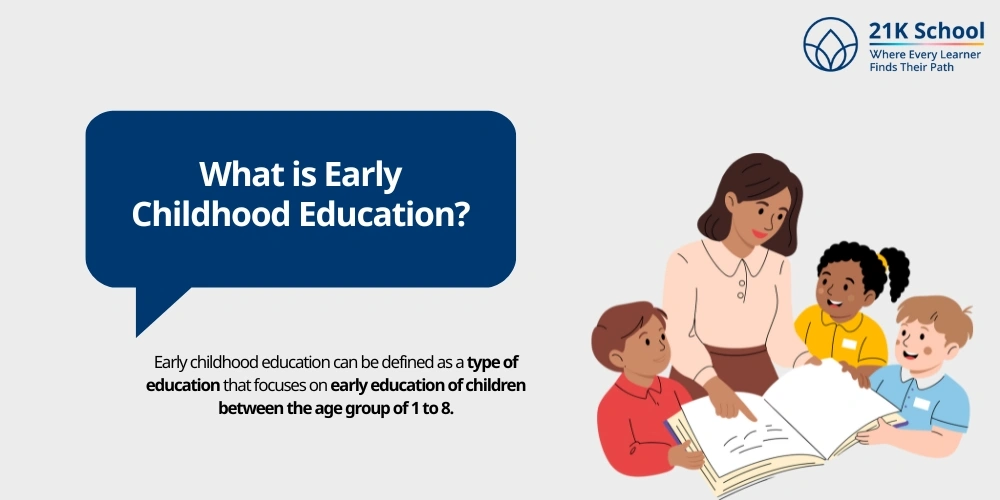
Early childhood education can be defined as a type of education that focuses on early education of children between the age group of 1 to 8.
Early childhood education is a broad term that denotes the education of children below the age of 8, which is sometimes also denoted as nursery education or early care education.
Early childhood education mainly focuses on developing cognitive skills, critical thinking skills, developing fine motor skills through a fun and play based approach.
Early childhood education is the most vital aspect in kids life as this not only helps them in understanding the concepts but also allows kids to develop confidence and cooperative skills.
A wide range of offline and online schools provide nursery education to students to enhance their learning experience.
Early childhood education can be provided through the means of both formal, informal and value education, which includes play-based approach as well as a structured learning environment.
The main objective of early childhood education is the overall development of kids, which includes social, emotional and cognitive development of kids.
10 Trends in Early Childhood Education
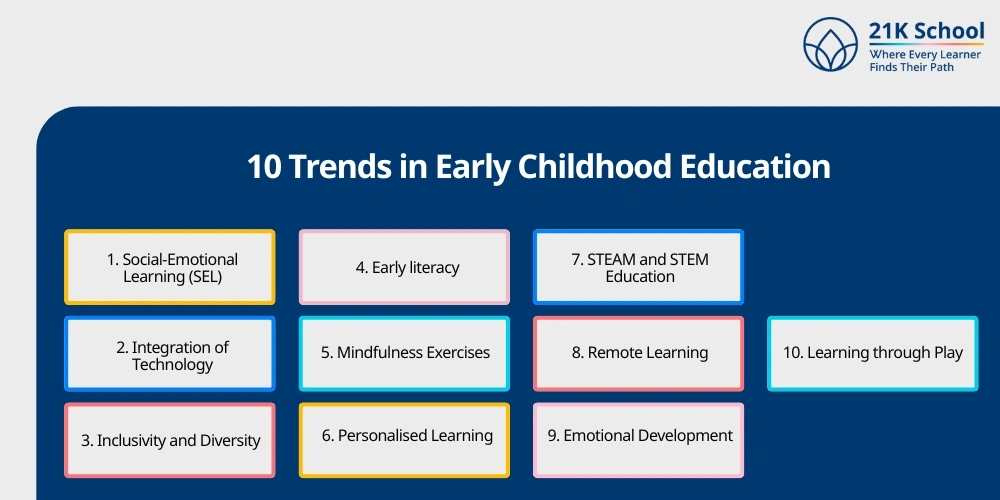
Early childhood education contains some trends that explain the implementation of new techniques and tactics to define the students’ progress.
The trends of early childhood education focus on STEM learning, online learning, technological developments towards education and so on. Here are the following trends in early childhood education.
1. Social-Emotional Learning (SEL)
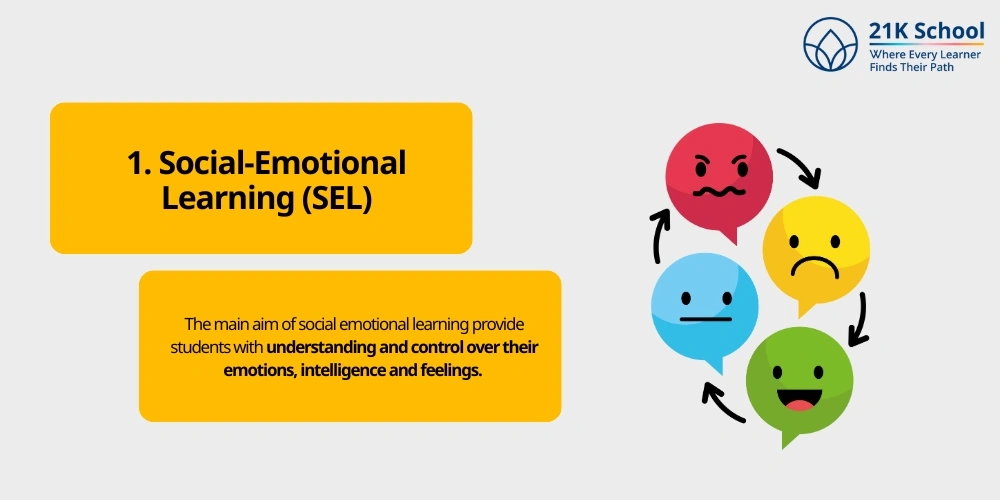
Social Emotional Learning (SEL) is a major aspect of early childhood education. The main aim of social emotional learning provide students with understanding and control over their emotions, intelligence and feelings.
Social Emotional Learning is considered as the most vital aspect among children for developing positive relationships and trust. Through SEL students are better able to develop empathy towards others, which also allows them to have proper control over their mind.
2. Integration of Technology
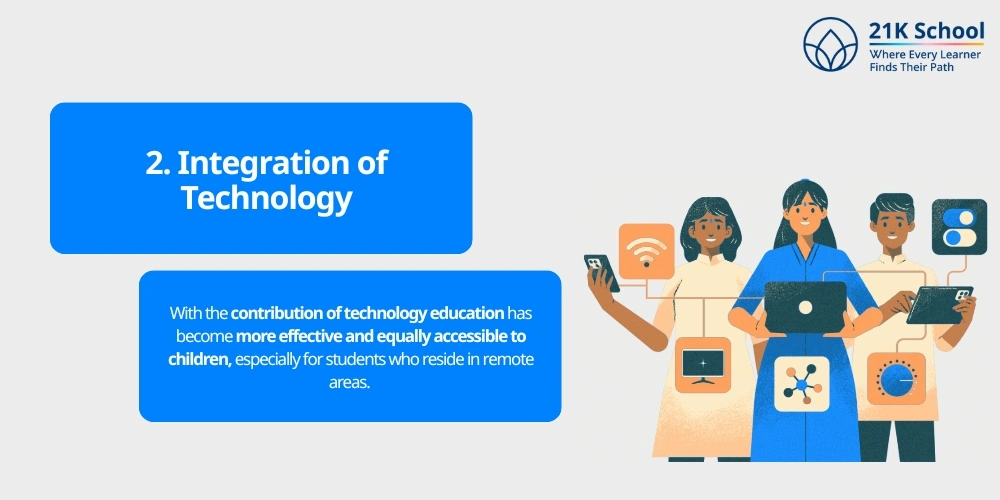
Technology has become a vital part of education in the 21st century. With the contribution of technology education has become more effective and equally accessible to children, especially for students who reside in remote areas.
Through technology, kids can study from any location irrespective of any challenges, with the help of online education. Technology provides interactive e-learning platforms, which allow kids to easily indulge in learning activities, which also enhance their digital literacy skills.
3. Inclusivity and Diversity
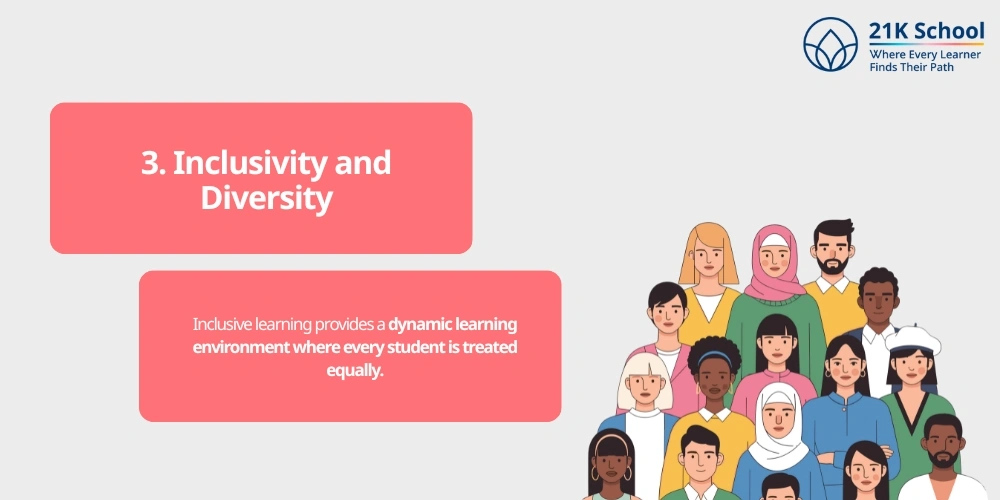
The main aim of early childhood education is to promote inclusivity and diversity. Inclusive learning provides a dynamic learning environment where every student is treated equally.
This also helps in removing racial problems in schools as well as biases. Through inclusivity, children can learn about each other, which is essential for developing cultural awareness and an inclusive learning environment.
4. Early literacy
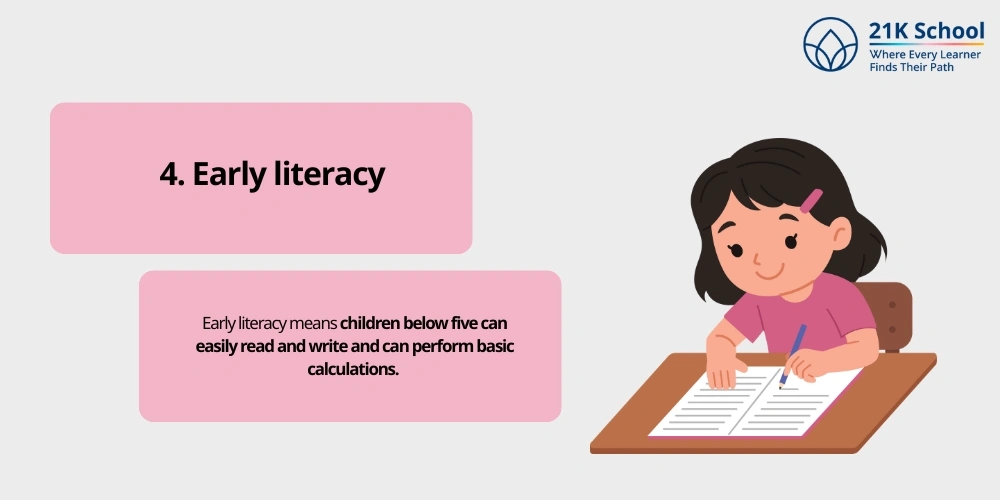
Early literacy is the most vital aspect of childhood education which focuses on providing education to children at an early age. Early literacy means children below five can easily read and write and can perform basic calculations.
Early childhood education allows children to develop early literacy, which is essential for enhancing their academic performance.
5. Mindfulness Exercises
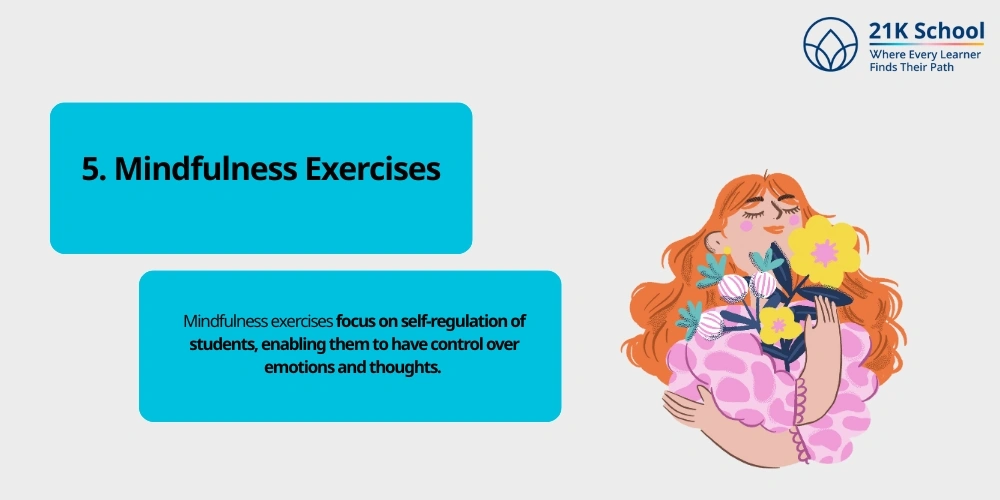
Mindfulness exercises are an effective educational strategy implemented in early childhood education. Mindfulness exercises focus on self-regulation of students, enabling them to have control over emotions and thoughts.
Indulging in mindfulness activities such as breathing exercises, meditation, counting numbers, or any fun and calm activities can be useful for enhancing better attention and reducing student stress.
6. Personalised Learning
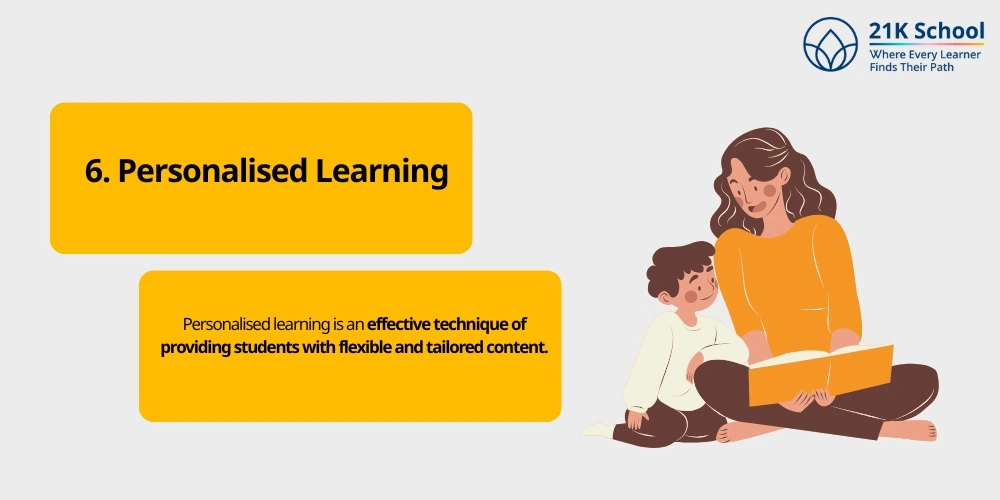
Personalised learning is an effective technique of providing students with flexible and tailored content. The benefits of personalised learning allow kids to understand the concept more easily and engage in education without any fear.
Every child has their own learning abilities, offering them with personalised learning allows them to develop confidence and meet their learning objectives.
7. STEAM and STEM Education
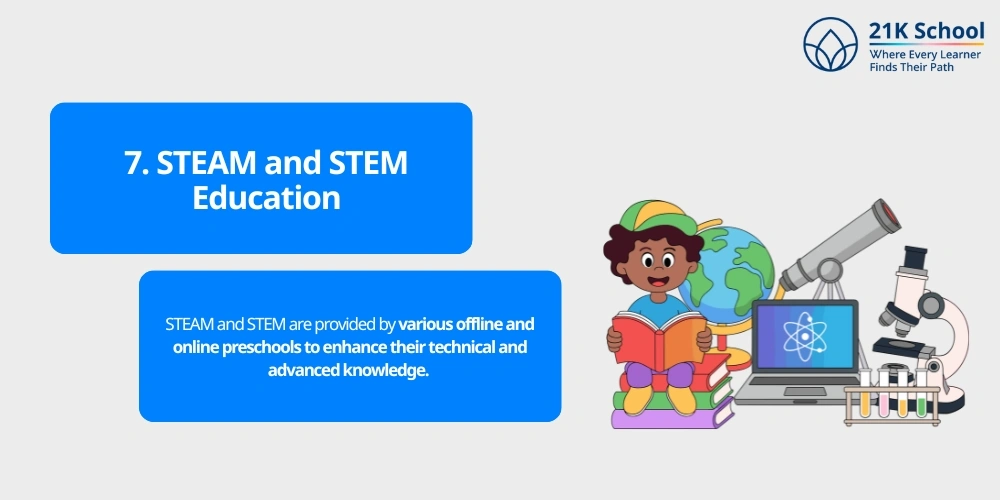
STEAM and STEM education are new generation of education that focuses on the implementation of Science, Technology, Engineering and Maths at an early age.
STEAM and STEM are provided by various offline and online preschools to enhance their technical and advanced knowledge.
Having a proper understanding of technological and science concepts allows children to develop creative thinking skills as well as creates a base for higher education.
8. Remote Learning
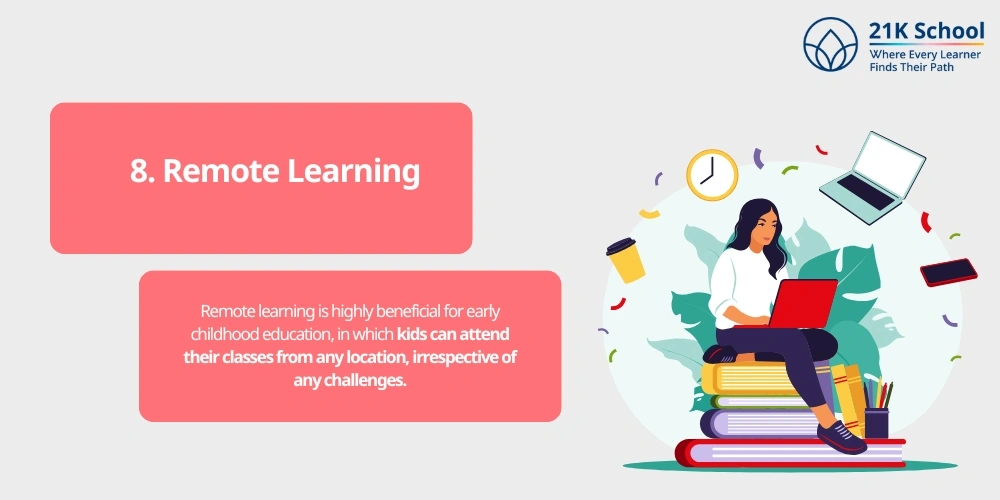
Remote learning is highly beneficial for early childhood education, in which kids can attend their classes from any location, irrespective of any challenges. Remote learning opportunities in early childhood education offer personalised and flexible learning opportunities to kids, which removes the hectic schedule of a structured classroom.
The benefits of remote learning make education comfortable and meet the requirements of students to help them with their learning goals.
9. Emotional Development
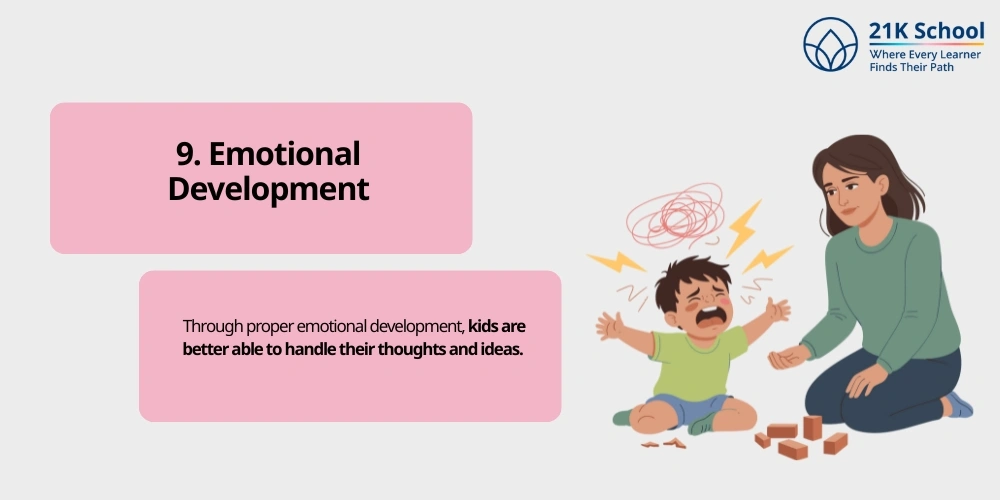
Emotional development is considered an important aspect for early childhood education, which focuses on developing the emotional capacity of kids. Through proper emotional development, kids are better able to handle their thoughts and ideas.
Emotional development also includes emotional intelligence, controlling their emotions, expressing thoughts, understanding viewpoints and controlling anger.
10. Learning through Play
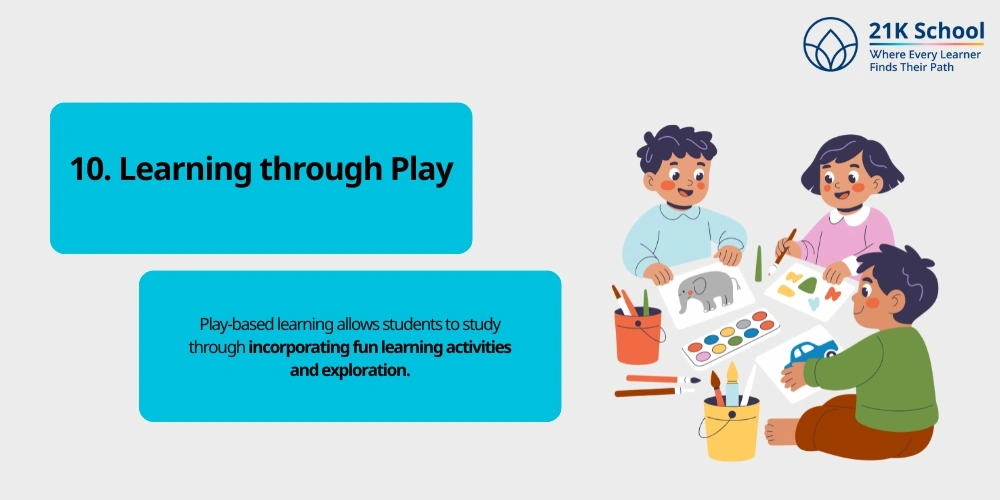
Indulging kids in learning through play or play-based learning is an active learning strategy for early childhood education. Play-based learning focuses on the development of children’s mental health and enhances their confidence.
Play-based learning allows students to study through incorporating fun learning activities and exploration. This also enhances students’ engagement and makes learning more impactful.
10 Issues in Early Childhood Education
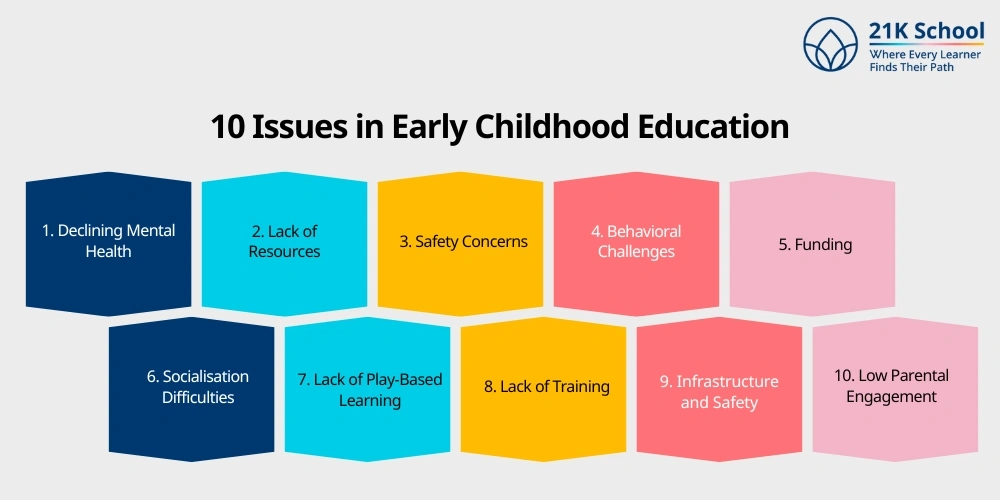
Early child education faces a wide range of problems that hinder the process of teaching and learning.
These issues occur due to a lack of resources, a lack of funding, a lack of infrastructure and so on due to which it becomes tough to provide early childhood education.
Here are the following issues faced in early childhood education.
1. Declining Mental Health
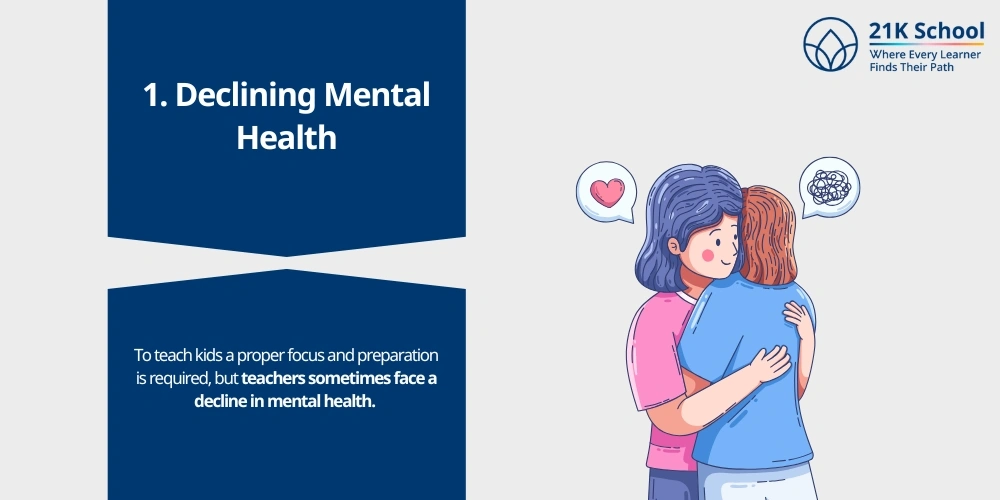
Declining mental health is a common issue in early childhood education. To teach kids a proper focus and preparation is required, but teachers sometimes face a decline in mental health.
Due to declining students’ mental health, teachers find it difficult to manage their classes effectively. Even early stress among kids also hampers their learning process and participation in childhood education.
2. Lack of Resources
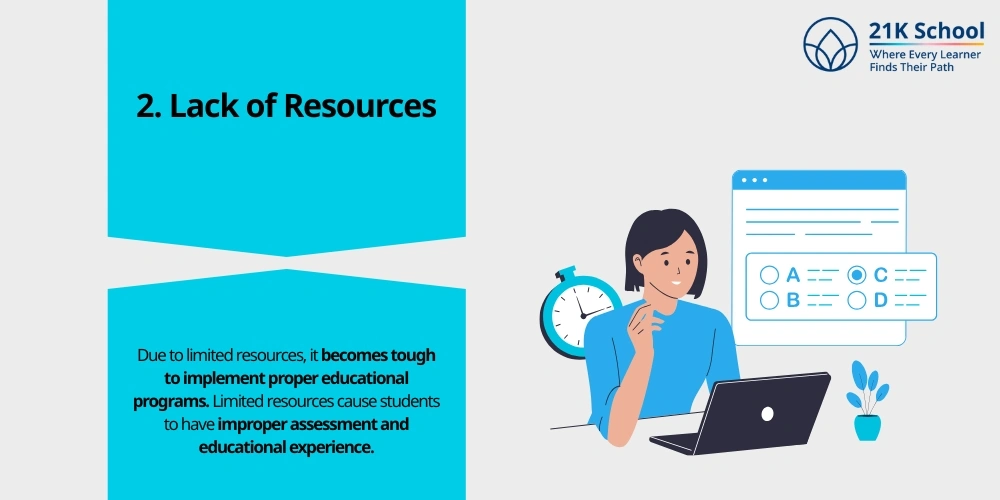
Lack of resources are the vital challenge in early childhood education. Due to limited resources, it becomes tough to implement proper educational programs.
Limited resources cause students to have improper assessment and educational experience, due to which school authorities also find it difficult to allocate limited resources properly.
3. Safety Concerns
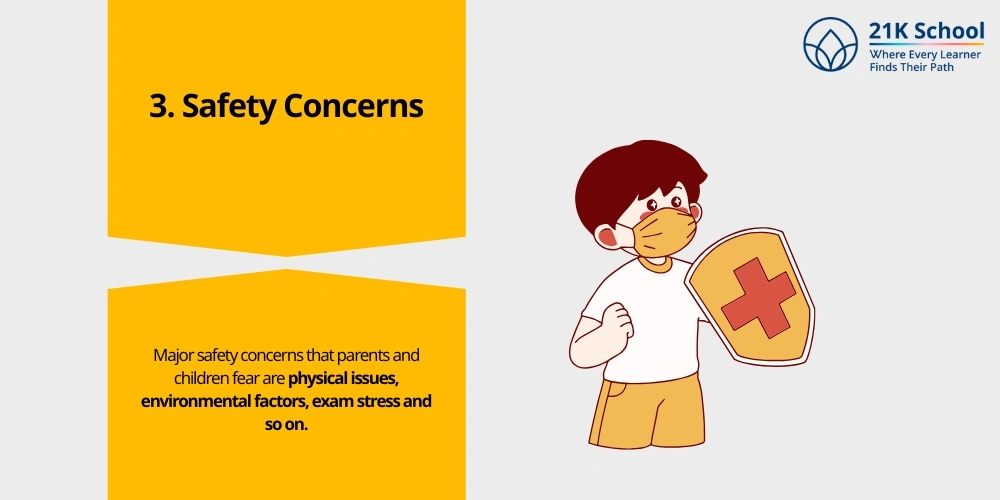
Safety concerns are a vital problem due to which many kids and their parents are afraid of going to school. Major safety concerns that parents and children fear are physical issues, environmental factors, exam stress and so on.
This problem is increasing gradually, which has become a major problem in early childhood education. However, engaging students with online learning and remote learning helps in avoiding safety concerns as kids can attend their classes from a home setting.
4. Behavioral Challenges
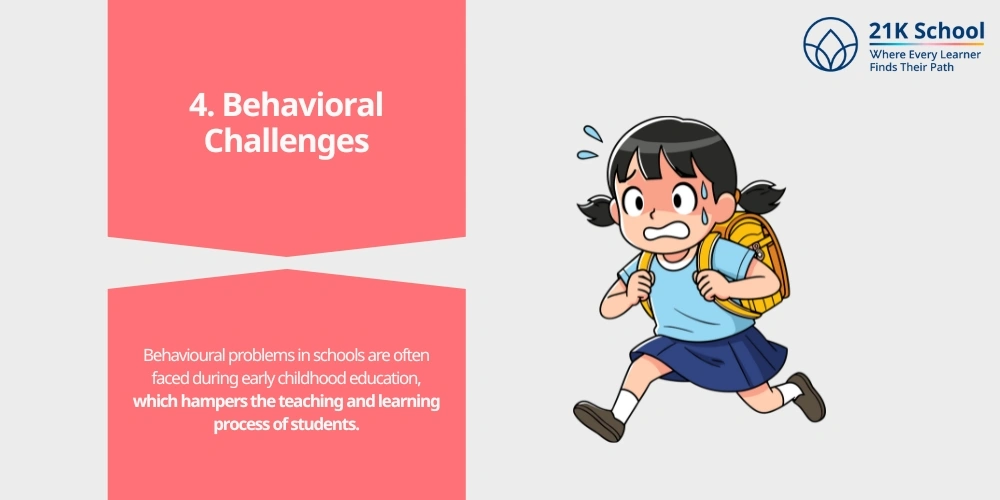
Behavioural problems in schools are often faced during early childhood education, which hampers the teaching and learning process of students.
Many kids behave oddly in class due to multiple reasons, such as syndromes, fear, fun, etc, which creates problems for teachers to handle such childrens. However, the main causes of this problem is lack of parental involvement, fear among children, stress and anxiety.
5. Funding
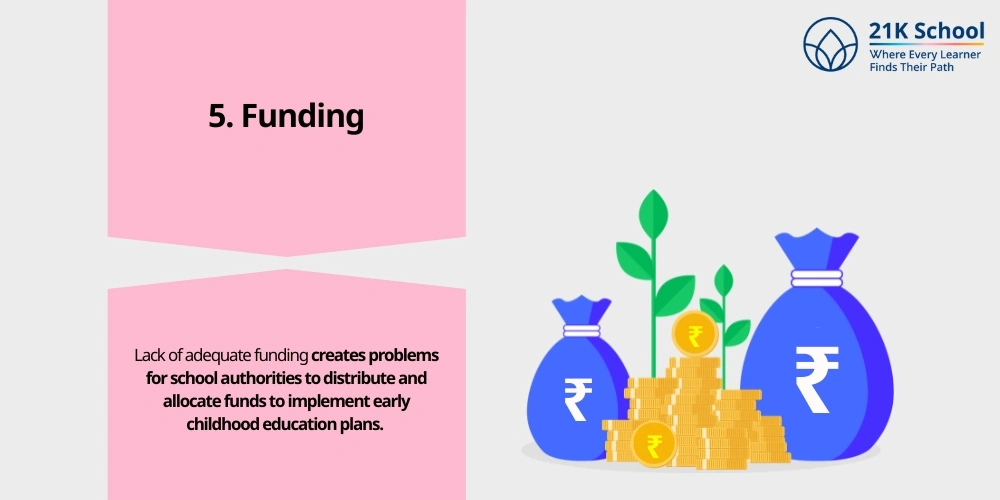
Lack of funding has become a major problem for the implementation of early childhood education. Lack of adequate funding creates problems for school authorities to distribute and allocate funds to implement early childhood education plans.
Due to lack of funding, many children are unable to attend preschools in India. Even many children who are from below the poverty don’t get an opportunity to get admission in preschools.
6. Socialisation Difficulties
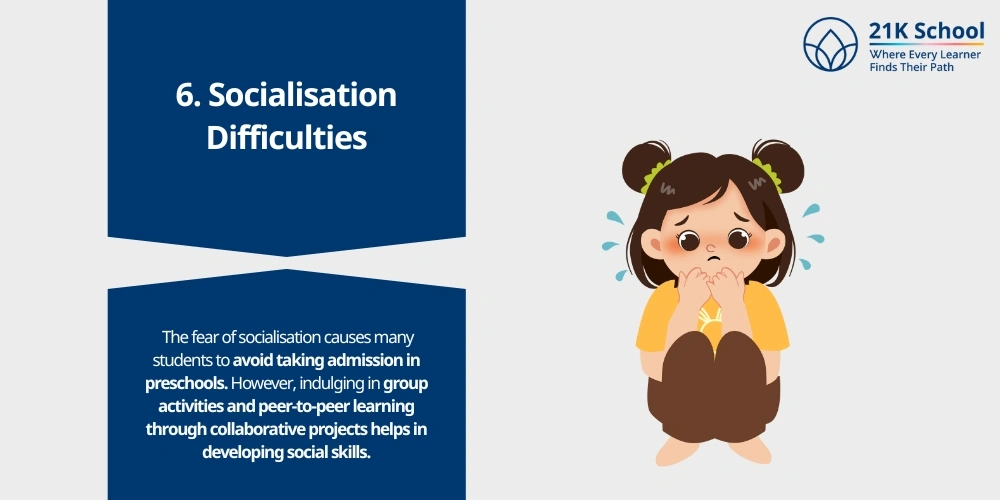
Socialisation difficulties are another major cause in early childhood education. Many kids face socialisation difficulties as every children’s has their own way of expressing thoughts and feelings.
Lack of socialisation hampers their collaboration skills as well as limits their ability to cooperate with others.
The fear of socialisation causes many students to avoid taking admission in preschools. However, indulging in group activities and peer-to-peer learning through collaborative projects helps in developing social skills.
7. Lack of Play-Based Learning
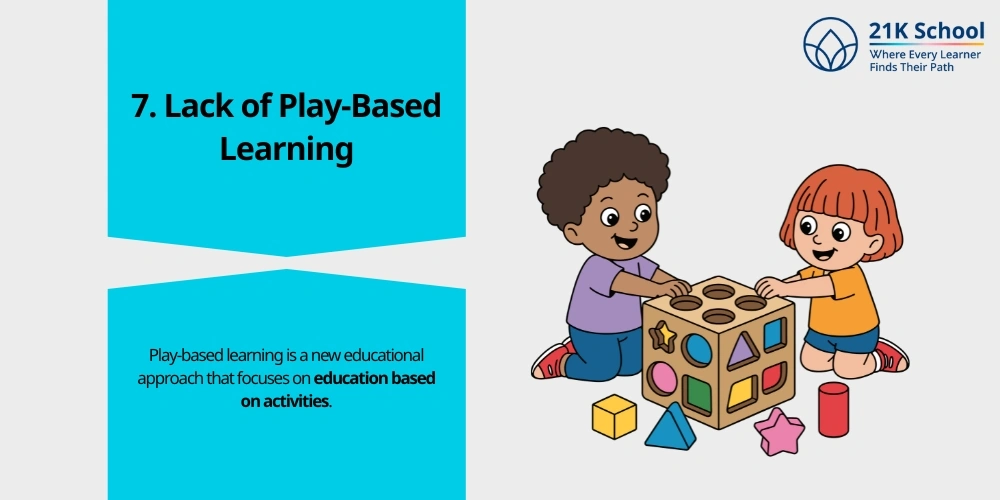
Play-based learning is a new educational approach that focuses on education based on activities. However, there are very few schools that focus on play based classes, due to which it becomes a major challenge to implement early childhood education.
Play-based learning is considered one of the most effective techniques as compared to the pen and paper method because it engages students and makes learning more fun.
8. Lack of Training
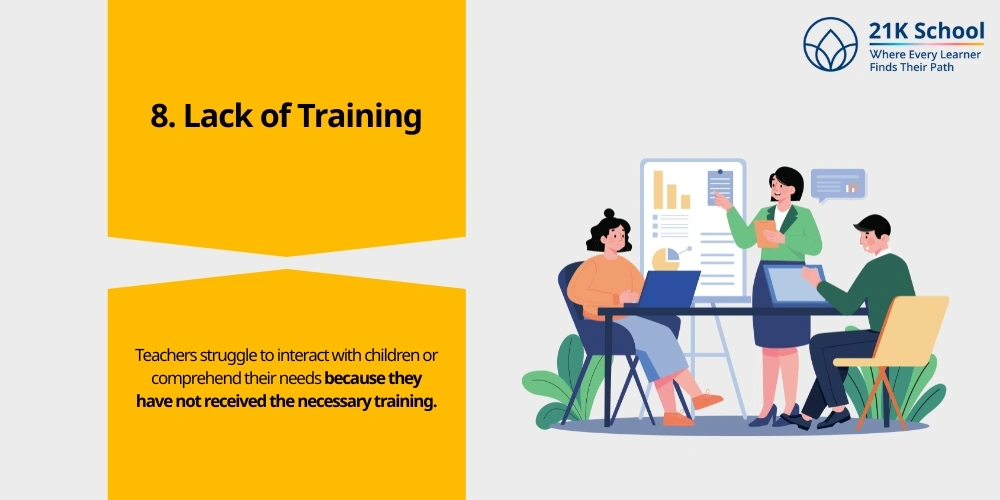
It is prominent that many preschool teachers lack the necessary education in the early childhood education field. Hence, they get issues in interacting with the children and address their needs.
Teachers struggle to interact with children or comprehend their needs because they have not received the necessary training. Additionally, this makes it more difficult for kids to interact with their teachers, which negatively impacts the teacher-student relationship.
9. Infrastructure and Safety
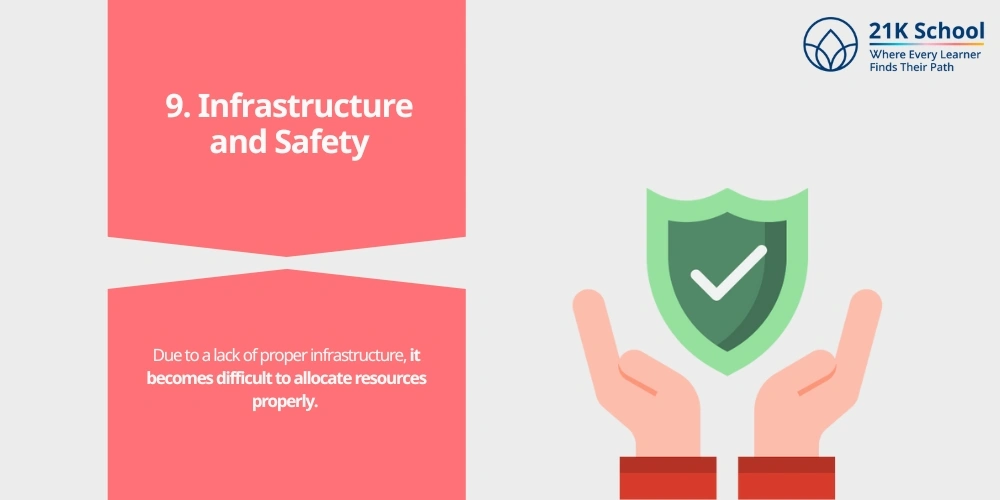
Infrastructure and safety require immediate attention when it comes to the top issues in early childhood education. Due to a lack of proper infrastructure, it becomes difficult to allocate resources properly.
Lack of infrastructure hampers students’ admission to preschool, which makes learning more difficult. Even various safety reasons also become an issue towards early childhood education.
10. Low Parental Engagement
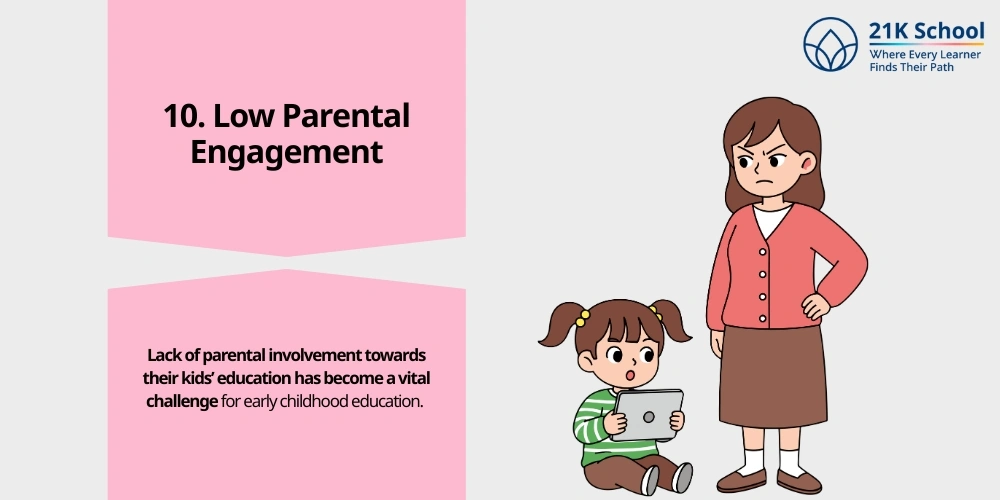
Parental engagement towards children’s education is the most vital thing, as parents are considered as the first teachers of their kids. Lack of parental involvement towards their kids’ education has become a vital challenge for early childhood education.
Due to this, many parents don’t take early childhood education seriously. The main reason for low parental engagement is low literacy rate among parents, busy work schedules, or low knowledge about childhood education.
Explore benefits of early childhood education.
Conclusion
Early childhood education has grown to new limits in the current trends of 2025.
Early childhood education mainly focuses on the development of childrens mental health, creates a base for their early education, development of innovative trends such as social-emotional learning, personalised learning, and the contribution of technology.
However, along with the new trends, there are lots of problems which hinder the implementation of early childhood education. The issues that are mainly faced are a lack of resources, safety concerns, low parental engagement and so on.
Staying informed about current trends in early childhood education helps in developing new initiatives that will help in overcoming the challenges, as well as contribute to a more effective and supportive educational experience.

